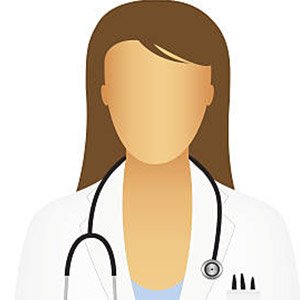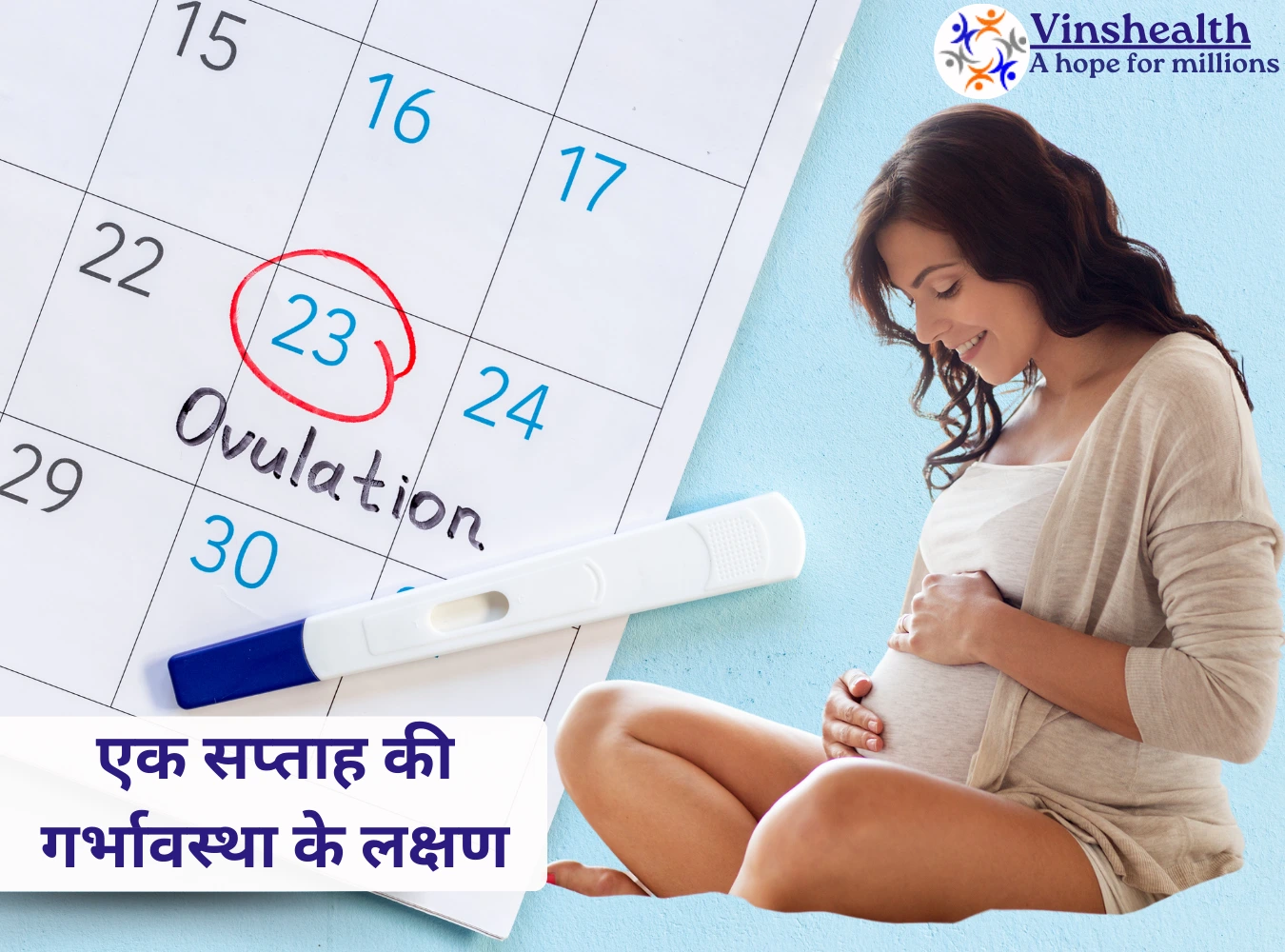what is Orthopedics: Importance Benefits
- 2023-07-24
- what is orthopedics, Orthopedic Treatments, Orthopedic Doctors
Table of content
- What is Orthopedics?
- Importance of Orthopedic Care
- Common Orthopedic Conditions
- Orthopedic Treatments
- The Benefits of Orthopedic Care
- Taking Preventive Measures
- Orthopedic Doctors Near Me (DELHI)
- FAQ
What Is Orthopedics?
When it comes to our physical health, one area that plays a crucial role is orthopedics. Orthopedic care focuses on the diagnosis, treatment, and prevention of injuries and conditions that affect our musculoskeletal system, which includes bones, joints, ligaments, tendons, and muscles. In this blog, we will delve into the world of orthopedic care, discussing its importance, common conditions, treatments, and how it can help individuals regain their mobility and lead a pain-free life.
Importance of Orthopedic Care
Orthopedic care is vital because our musculoskeletal system forms the foundation of our body's movement and functionality. Whether it's walking, running, or even sitting, every activity we engage in relies on this complex system. Any injury or condition that affects the musculoskeletal system can significantly impact our daily lives, hindering mobility and causing discomfort.
Common Orthopedic Conditions
Arthritis: Arthritis is a prevalent orthopedic condition that affects millions worldwide. It involves the inflammation of joints, leading to pain, swelling, and decreased mobility. Osteoarthritis and rheumatoid arthritis are the two most common types.
Fractures: Fractures, or broken bones, are common injuries, particularly among children and the elderly. These can result from accidents, falls, or sports-related incidents.
Sprains and Strains: Sprains occur when ligaments (connective tissues that connect bones) are stretched or torn, while strains involve the stretching or tearing of muscles or tendons (connective tissues that connect muscles to bones). Both can cause pain and restricted movement.
Back Pain: Back pain is a widespread complaint, often caused by poor posture, muscle strain, or underlying spinal issues.
Tendonitis: Tendonitis is the inflammation of tendons, commonly occurring in the shoulders, elbows, knees, and wrists. Repetitive motions or overuse of the affected area are common causes.
Orthopedic Treatments
Medications: For mild to moderate orthopedic conditions, over-the-counter pain relievers and anti-inflammatory medications are often prescribed to manage pain and reduce inflammation.
Physical Therapy: Physical therapy plays a crucial role in orthopedic care. It involves exercises and stretches that aim to strengthen the affected area, improve flexibility, and promote healing.
Bracing and Casting: In some cases, orthopedic specialists may use braces or casts to immobilize and support injured bones or joints, aiding the healing process.
Injections: Corticosteroid injections can be used to reduce inflammation and alleviate pain in specific orthopedic conditions, such as arthritis.
Surgery: In severe cases where conservative treatments are ineffective, orthopedic surgery may be recommended. Surgical procedures can vary, ranging from arthroscopic surgeries to joint replacements.
Transition Words: Additionally, Furthermore, Moreover, In addition to, Subsequently, Consequently, However, Nevertheless, Therefore, Finally.
The Benefits of Orthopedic Care
Orthopedic care offers numerous benefits that extend beyond treating specific conditions. By addressing musculoskeletal issues, individuals can experience:
Improved Mobility: Orthopedic treatments help improve joint flexibility and muscle strength, allowing individuals to move with greater ease and less discomfort.
Enhanced Quality of Life: Managing orthopedic conditions effectively can significantly enhance an individual's overall quality of life, enabling them to perform daily activities and engage in recreational pursuits without limitations.
Pain Relief: By identifying the root cause of pain and implementing appropriate treatments, orthopedic care can alleviate pain and discomfort, providing much-needed relief to patients.
Prevention of Further Damage: Early intervention and proper orthopedic care can prevent minor injuries from developing into more severe and chronic conditions.
Faster Recovery: Following orthopedic treatments and rehabilitation plans diligently can lead to faster recovery times, enabling individuals to resume their regular activities sooner.
Taking Preventive Measures
Prevention is always better than cure, and this principle applies to orthopedic care as well. To minimize the risk of orthopedic injuries and conditions, individuals can take proactive steps, such as:
Regular Exercise: Engaging in low-impact exercises like walking, swimming, or yoga can help keep muscles and joints strong and flexible.
Proper Body Mechanics: Maintaining correct posture and body mechanics during daily activities and sports can reduce the strain on joints and muscles.
Weight Management: Maintaining a healthy weight can lessen the pressure on joints, particularly in weight-bearing areas like hips and knees.
Protective Gear: When participating in sports or activities with a risk of injury, using appropriate protective gear like helmets, knee pads, and elbow pads can significantly reduce the likelihood of orthopedic injuries.
Orthopedic Doctors Near Me (DELHI)
Dr vivek mittal
MBBS, MS - Orthopaedics
📍 273, Jain Mandir Road, Near hotel “The Connaught” & Shivaji Hockey Stadium, New Delhi
Meet Dr. Vivek Mittal, an experienced Senior Orthopedic & Joint Replacement Surgeon with an impressive 25-year medical career. Throughout his journey, he has successfully performed over 12,000 procedures, making him a highly skilled and trusted professional in his field. Dr. Vivek Mittal's main surgical expertise lies in total knee replacement (TKR), total hip replacement (THR), and shoulder replacement. He specializes in both primary and revision joint replacement procedures for the hip and knee, ensuring his patients receive the best care possible. His educational background includes an MBBS from the University of Delhi in 1987 and an MS in Orthopedics from the same university in 1991. For personalized and expert orthopedic care, Dr. Vivek Mittal is the go-to professional.
Dr shiv chouksey
MBBS, MS - Orthopaedics, M.Ch - Orthopaedics
📍 25, Pusa Road, Rajendra Palace, Landmark: Near Rajendra Palace Metro Station, New Delhi
Dr. Shiv Chouksey is a renowned name in joint replacement therapy in India. Working as a consultant in the department of arthroscopy and sports medicine at BLK Super Speciality Hospital, Pusa Road, New Delhi, he has accumulated over 13 years of experience in the field. Dr. Chouksey's patient-centered philosophy and adaptability have earned him widespread praise. His educational background includes an MBBS from Bharati Vidyapeeth University, Pune, in 2008, an MS in Orthopedics from Sumandeep Vidyapith University, Vadodara, in 2012, and an M.Ch in Orthopedics from the University of Seychelles in 2013. For expert orthopedic care, Dr. Shiv Chouksey is a reliable choice at BLK Super Speciality Hospital.
Dr yash gulati
MS - Orthopaedics, M.Ch - Orthopaedics, MBBS
📍 2E -12, near YES Bank, Green Park Main, New Delh
Dr. Yash Gulati is a highly accomplished orthopedic surgeon known for his exceptional work in spine surgery and joint replacement. He received the prestigious Padma Shree award from the President of India, being the youngest orthopedic surgeon to be honored with this recognition. Dr. Yash has been instrumental in promoting medical tourism, attracting patients from various countries seeking joint replacement and spine surgery expertise.
Over the past 14 years, he provided medical coverage for the World Cup Hockey Tournament, One Day International Matches, and Test Matches in cricket. Additionally, Dr. Gulati served on the Advisory Medical Committee for the Commonwealth Games. His impressive educational background includes an MS in Orthopedics from G B Pant Hospital / Moulana Azad Medical College, New Delhi, in 1982, an M.Ch in Orthopedics from the University of Liverpool, UK, in 2002, and an MBBS from the University of Delhi in 1978. For top-notch orthopedic care, Dr. Yash Gulati is the go-to expert.
Dr Vimal kumar Dakour
MBBS, Diploma in Orthopedics, DNB - Orthopedics/Orthopedic Surgery
📍 2C-11, Basement, Amar Colony Market, Lajpat Nagar IV, Landmark: Near Raghunath Mandir, New Delhi
Dr. Vimal K Dakour is a leading orthopedic surgeon specializing in joint replacement (THR, TKR), arthroscopy, and trauma surgeries, practicing in New Delhi. Patients highly appreciate him for his academic expertise and exceptional surgical skills. With a wealth of experience, he has served in prominent public and private hospitals, including G.T.B. Hospital, B.R.D Medical College, Max Saket, Max PPG, Rockland Hospital Delhi, Sita Ram Bhartiya, Max Shalimar Bagh, R.K Hospital Delhi, and Saket City Hospital Delhi. Dr. Dakour has collaborated with esteemed orthopedic surgeons from around the world to enhance his knowledge and skills.
His educational background includes an MBBS from Bundelkhand University in 2004, a Diploma in Orthopedics from Deen Dayal Upadhyay Gorakhpur University in 2009, and a DNB in Orthopedics/Orthopedic Surgery from the National Board Of Examination in 2013. For expert orthopedic care, Dr. Vimal K Dakour is the trusted choice in New Delhi.
Dr Madhur Mahna
MBBS, DNB - Orthopedics/Orthopedic Surgery
📍 2B-4/1, Rajouri Garden, Landmark: Opposite Metro Pillar -378, New Delhi
Dr. Madhur Mahna is a renowned orthopedic doctor based in Delhi with over 14 years of experience in the field. He holds an MBBS and a DNB in orthopedic surgery. Patients can personally meet him at the Centre for Joints, Spine & Children's Orthopedics in Rajouri Garden, Delhi.
Dr. Madhur Mahna's educational journey includes completing his MBBS from Manipal University in 2010 and his DNB Orthopedics from the National Board of Examinations in 2014. He also attended various workshops, enhancing his expertise in orthopedics. Some of these workshops include Zimmer Total Knee Arthroplasty Hands-on Cadaveric Workshop, Zimmer Total Hip Arthroplasty Hands-on Cadaveric Workshop, and Zimmer Periarticular Locking and Non-Locking Plate System Training and Hands-on Cadaveric Workshop.
Additionally, Dr. Mahna completed the AOTrauma Introduction Course and a Total Knee Arthroplasty Course and Hands-on Workshop at Sir Ganga Ram Hospital, Delhi, in 2012 and 2017, respectively. For personalized orthopedic care, Dr. Madhur Mahna's Center is a reliable option in Delhi.
Conclusion
Orthopedic care is a fundamental aspect of healthcare, as it addresses issues that directly impact our ability to move and function. By understanding common orthopedic conditions, the available treatments, and the benefits of orthopedic care, individuals can take charge of their musculoskeletal health. Remember, early intervention, preventive measures, and adherence to treatment plans can pave the way towards a pain-free and active life. If you ever experience any orthopedic concerns, don't hesitate to consult with a qualified orthopedic specialist who can provide personalized care and guidance. Taking care of your musculoskeletal health today ensures a brighter and more mobile future tomorrow.
Q. What is orthopedics?
A. Orthopedics is a medical specialty that focuses on the diagnosis, treatment, and prevention of conditions and injuries affecting the musculoskeletal system, including bones, joints, muscles, ligaments, and tendons.
Q. When should I see an orthopedic specialist?
A. You should consider consulting an orthopedic specialist if you experience persistent joint or musculoskeletal pain, difficulty in movement, limited range of motion, or any injury related to bones or joints.
Q. What are the common orthopedic conditions?
A. Common orthopedic conditions include arthritis (such as osteoarthritis and rheumatoid arthritis), fractures, sprains, strains, back pain, tendonitis, and carpal tunnel syndrome, among others.
Q. How are orthopedic conditions diagnosed?
A. Orthopedic conditions are typically diagnosed through a combination of physical examinations, medical history analysis, and imaging tests like X-rays, MRI scans, and CT scans.
Q. What are the treatment options for orthopedic conditions?
A. Treatment options for orthopedic conditions vary depending on the specific condition and its severity. They can range from conservative measures like physical therapy, medications, and rest to more invasive treatments like orthopedic surgery for joint replacements or repairs.
Q. What can I do to prevent orthopedic injuries?
A. To prevent orthopedic injuries, maintain a healthy lifestyle with regular exercise to strengthen muscles and bones. Practice proper body mechanics, warm up before physical activities, wear appropriate protective gear during sports, and avoid repetitive motions that can strain joints and muscles.
Q. How long does it take to recover from orthopedic surgery?
A. The recovery time after orthopedic surgery varies depending on the type and complexity of the procedure. It can range from a few weeks to several months. Following the post-operative rehabilitation plan recommended by your surgeon is crucial for a successful recovery.
Q. Can orthopedic conditions be treated without surgery?
A. Yes, many orthopedic conditions can be treated without surgery through conservative approaches such as physical therapy, pain management, medications, and lifestyle modifications.
Q. Is orthopedic surgery risky?
A. Like any surgery, orthopedic procedures come with inherent risks. However, advancements in medical technology and the expertise of orthopedic surgeons have significantly reduced the risks associated with these procedures.
Q. How can I find the right orthopedic specialist for my condition?
A. To find the right orthopedic specialist, seek recommendations from your primary care physician, friends, or family. Research the qualifications and experience of potential specialists and consider consulting more than one to make an informed decision.








Doctor team is very nice and cooperative thanks
2023-01-27 00:00:00